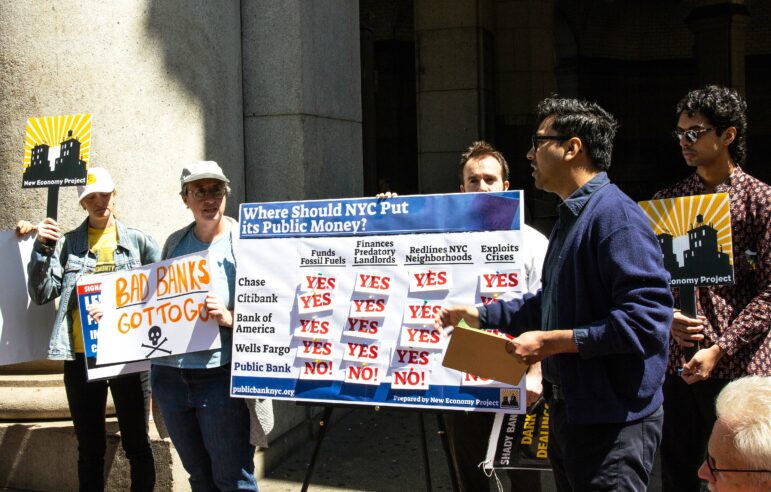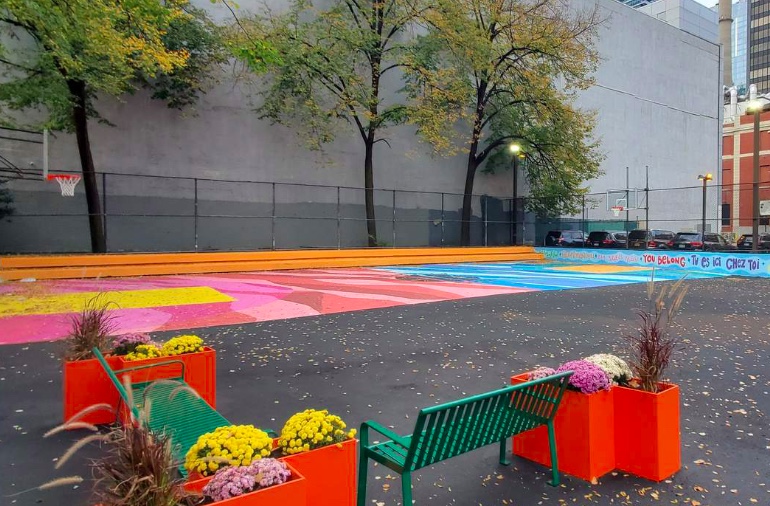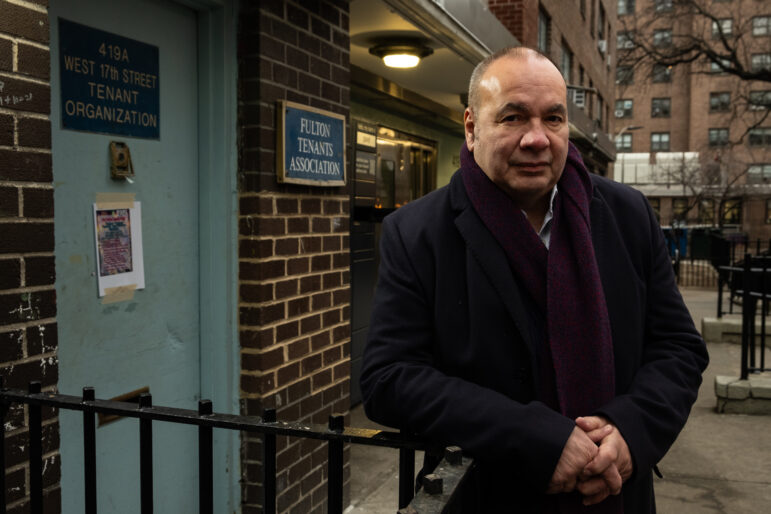For kids in foster care, leaving may sometimes be the hardest trial of all. Young people aging out of the system get up to $750 in grants, extra public assistance and not much else. Without resources or a support network, many struggle to pay for basic living expenses; one University of Wisconsin study found that 32 percent of adolescents who had been out of foster care for 12 to 18 months were on some form of public assistance. More than half had no medical insurance.
New federal legislation, however, should improve matters. A bill passed by Congress in November doubles the amount of federal funds available for independent living programs, which teach foster kids the skills they need to survive on their own. New York State stands to receive an additional $2 million a year.
The legislation is designed to give young people between age 14 and 21 who are about to leave foster care the financial flexibility to continue in school or find suitable jobs. States can use up to 30 percent of the money to help adolescents pay for room and board, or provide health insurance up to age 21. The measure also compels states to track what happens to teens after they leave foster care–something neither the city nor the state does now.
Adapted from a Child Welfare Watch news brief.








